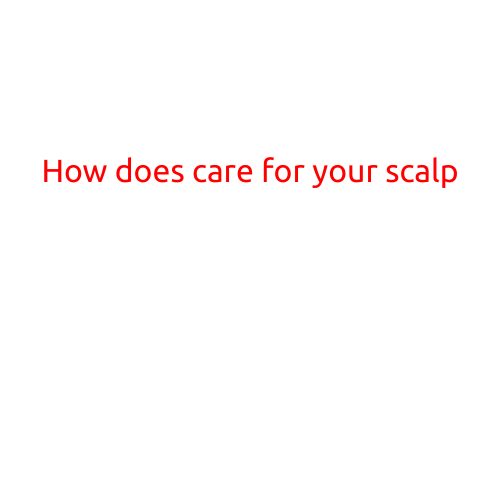
How to Choose a Good Shampoo: A Guide to Healthy Hair
Choosing the right shampoo for your hair can be a daunting task, especially with the numerous options available in the market. With so many shampoos claiming to deliver specific benefits, it’s no wonder that many of us end up with a shampoo that doesn’t quite meet our hair needs. In this article, we’ll guide you through the process of selecting a good shampoo that suits your hair type, scalp condition, and personal preferences.
Understand Your Hair Type
Before choosing a shampoo, it’s essential to understand your hair type. There are several hair types, including:
- Normal hair: Balances moisture and oil naturally
- Dry hair: Struggles to retain moisture, often feeling brittle and prone to breakage
- Oily hair: Produces excess oil, leading to greasiness and weighed-down locks
- Curly hair: Tends to be dry and prone to frizz
- Colored hair: Requires special care to maintain color vibrancy
- Sensitive scalp: Prone to irritation and dandruff
Understanding your hair type will help you choose a shampoo that addresses your specific needs.
Key Ingredients to Look Out For
When scanning the ingredient list, look for key ingredients that cater to your hair type. Some common ingredients to look for include:
- Moisturizing ingredients: Such as coconut oil, argan oil, and shea butter, which are beneficial for dry and damaged hair
- Sulfates: Mild sulfates like coconut-derived sulfates are gentle and effective for all hair types, while harsh sulfates can strip hair of its natural oils
- Antioxidants: Ingredients like vitamin E and green tea help protect hair from environmental stressors and damage
- pH level: The pH level should be close to the natural pH of hair (around 4.5-5.5)
Additional Considerations
In addition to understanding your hair type and key ingredients, consider the following factors:
- Scalp condition: If you have a sensitive scalp, look for shampoos with soothing ingredients like aloe vera or tea tree oil
- Hair concern: If you’re trying to address a specific hair concern, such as dandruff, frizz, or color fade, choose a shampoo specifically formulated for that issue
- Fragrance: If you have sensitive skin or allergies, opt for fragrance-free or hypoallergenic shampoos
- Brand reputation: Research the brand’s reputation and read reviews from other customers to ensure you’re making an informed decision
Shampoo Types
In addition to formulated shampoos designed for specific hair types or concerns, there are also different shampoo types to consider:
- Daily: Suitable for regular use, these shampoos are often lightweight and gentle
- Deep cleansing: Designed for frequent use, these shampoos are more intense and deep clean the hair
- Nourishing: Moisturizing shampoos that provide hydration and nourishment to dry hair
- Color-preserving: Shampoos specifically formulated to protect color-treated hair from fading
Conclusion
Choosing the right shampoo for your hair doesn’t have to be overwhelming. By understanding your hair type, understanding key ingredients, and considering additional factors, you’ll be well on your way to finding a shampoo that meets your hair needs and leaves your locks looking and feeling their best. Remember to also read reviews, research brands, and consult with a hair care professional if needed. Happy shampoo shopping!





